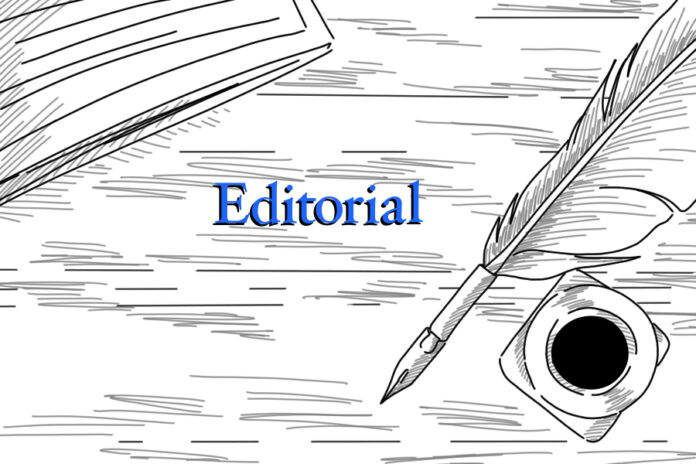Same-day registration available on campus, in city
The California primary, consisting of one statewide election and myriad local and district-level elections, will take place on March 3. The Editorial Board strongly urges everyone who can vote to exercise their right this Super Tuesday.
The state’s primary has not been scheduled this early since 2008, and the change is significant. Traditionally, California’s primary was held in June, behind almost every other state in the presidential primary schedule. In turn, the state’s influence on each party’s presidential nominee was minimal. With 494 democratic delegates to award candidates (if candidates meet 15% of the statewide vote or in any one of the 53 districts), California has the highest number of any state and will now be able to wield its power to sway party nominations early on instead of being an afterthought.
“Candidates will not be able to ignore the largest, most diverse state in the nation as they seek our country’s highest office,” said Secretary of State Alex Padilla in 2017 when Gov. Jerry Brown signed the Prime Time Primary Act.
On the statewide ballot, among races for Congress and the state legislature, voters can decide on Proposition 13, or the School and College Facilities Bond, and a presidential candidate from their party of choice. Prop. 13 seeks to authorize the use of $15 billion in bonds for school and college facility maintenance, upgrades and construction — including at UC Davis.
As with any election, we encourage voters to inform themselves on who and what they are casting votes for or on. Examining the voting records, careers, stances and histories of various presidential candidates may seem overwhelming to do on top of student priorities, but this decision is one of consequence for the country as a whole. It is well worth the effort to at least become familiarized with the platforms of candidates that seem aligned with one’s personal interests, not just those of friends.
On the city of Davis ballot, specifically, are Measures G and Q. Measure G regards a Davis Joint Unified School District (DJUSD) parcel tax. If approved by two-thirds of electors, it would introduce a $198 per parcel annual tax, adjusting for inflation every year, for the purpose of competitively compensating teachers and staff in the DJUSD. Measure Q, if passed by voters, would allow the city of Davis to keep collecting an existing sales tax rate of 1% perpetually until voters want to repeal that authority, which is set to expire on Dec. 31.
If you are not yet registered to vote, it’s not too late. Same-day registration is available at the MU polling station or at any polling station in the state (under new California law). Mail-in ballots can be turned into your county elections office, one of your county’s ballot drop boxes or any polling place or voting center in the county in which you are registered. To ensure a mail-in vote gets counted, ballots must be delivered in person before the close of the polls at 8 p.m. or postmarked no later than March 3 and arrive no later than March 6. It is also important to note that mail-in ballots were printed and sent out earlier, so the options for presidential candidates may not reflect who is still campaigning. As a registered voter not mailing in a ballot, you simply need to visit your assigned polling place on election day to cast your vote in person.
Recognize the privilege and strength in being able to vote, especially while millions cannot vote or have lost that political power. Show up on March 3.










